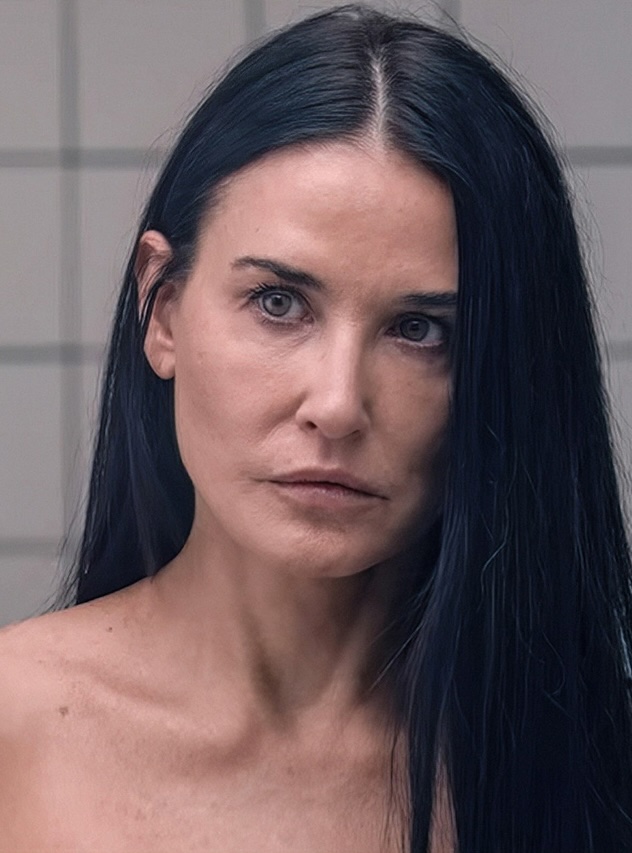
In the recent psychological horror film The Substance, Elisabeth, a once-famous actress played by Demi Moore, is offered a revolutionary injectable that promises to restore her youth, beauty, and vitality. But instead of reclaiming her past, she unleashes a terrifying version of it.
As Elisabeth’s fame and beauty begin to fade, what remains is a deep sense of emptiness and a fragile, negative self-image. No longer anchored by her career or adoration, she experiences herself as a “nobody.” The emotions that surface—grief, anger, frustration—are intense but directionless. Lacking a way to be processed, they become projected outward—onto her former, idealized self.
From a psychodynamic perspective, this is a classic example of splitting, a defense described by Otto Kernberg. Elisabeth unconsciously divides her identity: her older self becomes the repository for everything bad—ugliness, rejection, insignificance—while the younger self is cast as entirely good—radiant, powerful, beloved. But this split is unstable. The idealized self cannot stay pure for long. It soon absorbs the very rage and shame that Elisabeth cannot tolerate in herself.
What begins as a fantasy of rescue—the return of youth to restore self-worth—transforms into something violent. The once-adored younger self turns against her, becoming hostile and predatory. This reversal mirrors the inner war of a psyche that cannot reconcile its past with its present.
To see this dynamic visualized in film, read our in-depth article on The Substance: A Psychological Analysis of Identity, Aging, and Integration.
Clinical Reflection
In clinical practice, we often see echoes of this pattern in patients who define themselves entirely by past success, beauty, or status. When these external markers fade, the present self can feel hollow, unloved, or meaningless. The internalized younger self, once a comforting memory, may turn harsh—fueling self-criticism, contempt, and depression.
The healthier path is one of integration. Instead of clinging to the past or condemning the present, we help patients build a whole self—one that values past achievements but also finds meaning, dignity, and vitality in the now. Elisabeth’s tragedy is not that she aged—it’s that she could not accept herself across time, as a unified and evolving person.
Dr. Anna Wachtel, MD
Psychiatrist – Upper East Side, NYC
📞 (212) 534-8816
Offering in-person and telepsychiatry sessions for emotional wellness, anxiety, and life transitions.